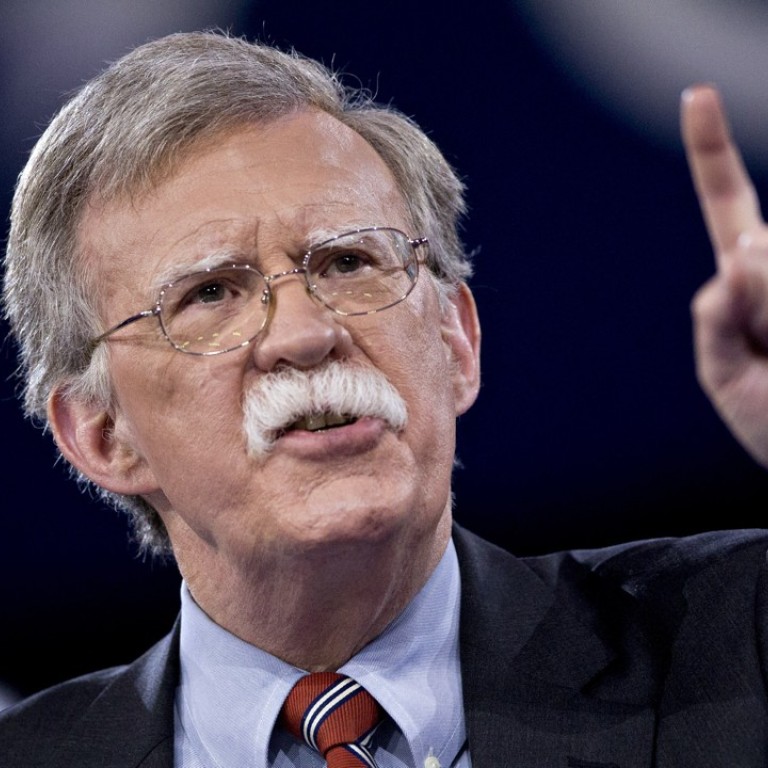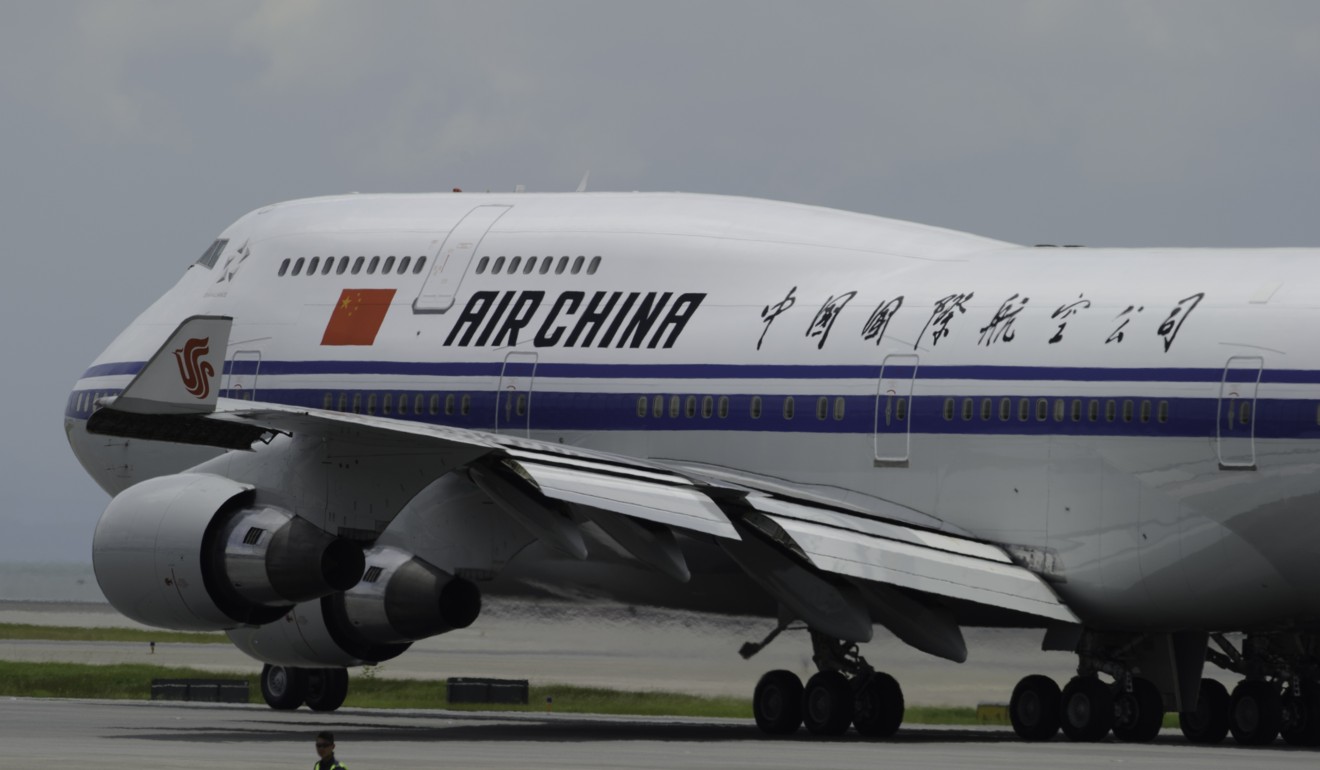
Would ‘America First’ Trump be Xi Jinping’s first choice for president?
There’s one standout candidate for helping the Chinese president realise his own long-term political goals. Guess who ...
So, at first glance it might seem that Xi Jinping has little if any reason to favour the orange-hued former reality television star as US president.
But to jump to such a conclusion could well be a mistake. If Xi really were to have a vote in a US presidential election, there is every reason to believe he would cast it for the candidate likely to give him the best chance of realising his own long-term political goals.
Trump’s opening salvo in trade war with China misses its mark
As the unchallenged big boss of China, Xi wants China itself to ascend to become the unchallenged big boss of the whole Asia-Pacific region, if not the entire world.
Considered in those terms, from Xi’s perspective Trump could well be a much better US president than almost any other potential candidate.
Trump’s aversion to overseas entanglements, his criticism of the US military umbrella, and his suspicion of multilateral trading arrangements seem almost tailor-made to create a regional power vacuum into which China can step.
Trump’s withdrawal of the US from Barack Obama’s Trans-Pacific Partnership dismantled at a stroke the region’s most effective tool for countering a future Chinese economic hegemony. And the US president’s boorishness and unpredictability only make China look like a credible regional leader by comparison.
What is more, from Beijing’s point of view Trump’s transactional approach to foreign policy and his property developer’s appetite for a deal are likely to make him, if not exactly tractable, then at least more malleable than many alternative inhabitants of the White House.
Take Trump’s threat to impose 25 per cent tariffs on an unspecified line-up of imports from China. Beijing’s initial reaction was to threaten retaliatory tariffs, with dark mutterings about halting purchases of Boeing airliners and American soybeans – political dynamite in the Trump-voting agricultural states of the US Midwest.

Trump’s declared aim is to reduce America’s US$375 billion bilateral merchandise trade deficit with China by US$100 billion. And the inevitable bad tempered bluster aside, it may well suit Xi’s strategic aims to offer Trump a deal that allows the US president to meet his objective.
Why belt and road borrowers will go from euphoria to depression
For Beijing, meeting the US demands would be neither especially difficult nor damaging. Whether China will really ramp up its purchases of US semiconductors is questionable. Beijing has identified semiconductor manufacturing as a core strategic industry where it wants to achieve, if not dominance, then at least parity with today’s big producers.
But China can easily open its financial sector to more foreign competition. Indeed, Beijing was already planning to do exactly that, now its own state institutions are so massive that their dominance of the home market cannot realistically be challenged.

Indeed, analysts at Evercore ISI estimate that a 40 per cent increase in Chinese imports of US aircraft and agricultural products and a 300-500 per cent increase in imports of US oil and gas would cut the bilateral trade imbalance by US$70 billion.
Couple that with a modest reduction in US imports of Chinese toys, clothing and furniture in favour of those from other Asian producers, and Trump’s target of a US$100 billion reduction in the US trade deficit with China looks eminently achievable.
Why China will keep buying US Treasury debt
Of course, Chinese policymakers understand full well these steps would do nothing to reduce the overall US trade deficit with the rest of the world, which is a function of Americans’ habit of spending freely and saving little, so consuming more than they produce.
But with some painless purchasing decisions, Xi could relatively easily reduce the US bilateral trade deficit with China by the target US$100 billion, allowing Trump to claim a political win ahead of this year’s midterm Congressional elections and the 2020 presidential vote.
In effect, Xi would be casting his ballot for Trump. And there wouldn’t be anything crazy about it. Xi may well calculate that to have Trump in the White House, rather than any likely alternative, best serves his long-term ambitions for China’s ascendancy both within Asia and beyond. ■
Tom Holland is a former SCMP staffer who has been writing about Asian affairs for more than 20 years

